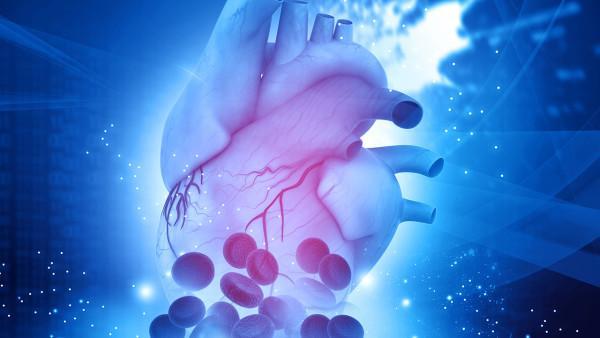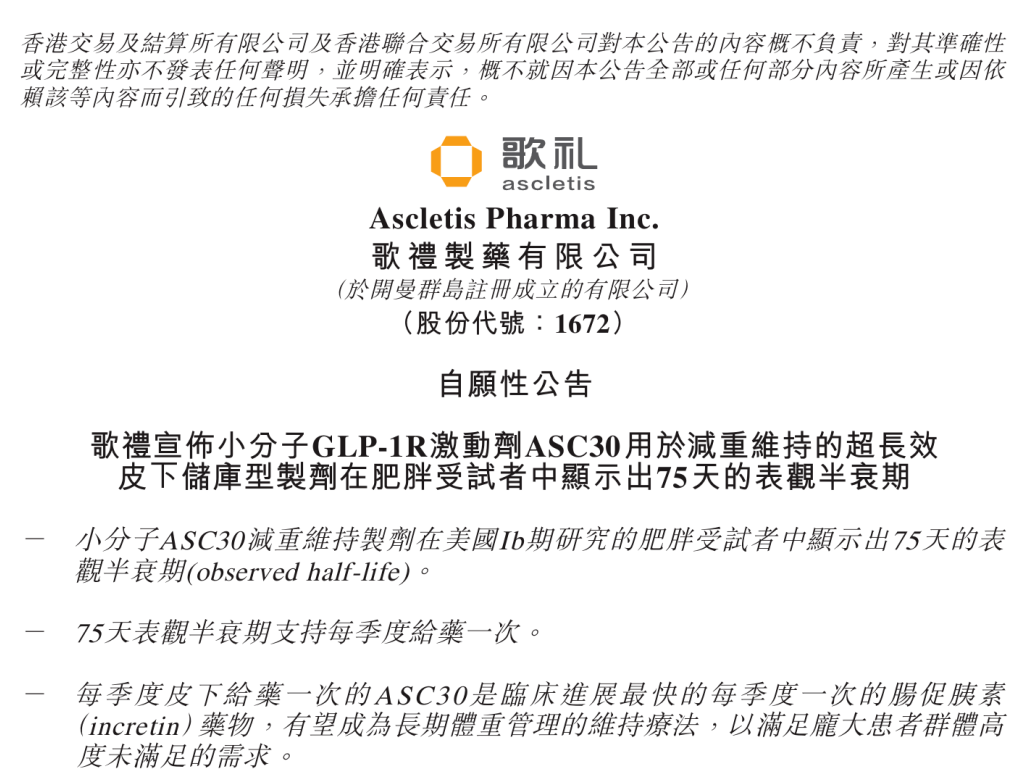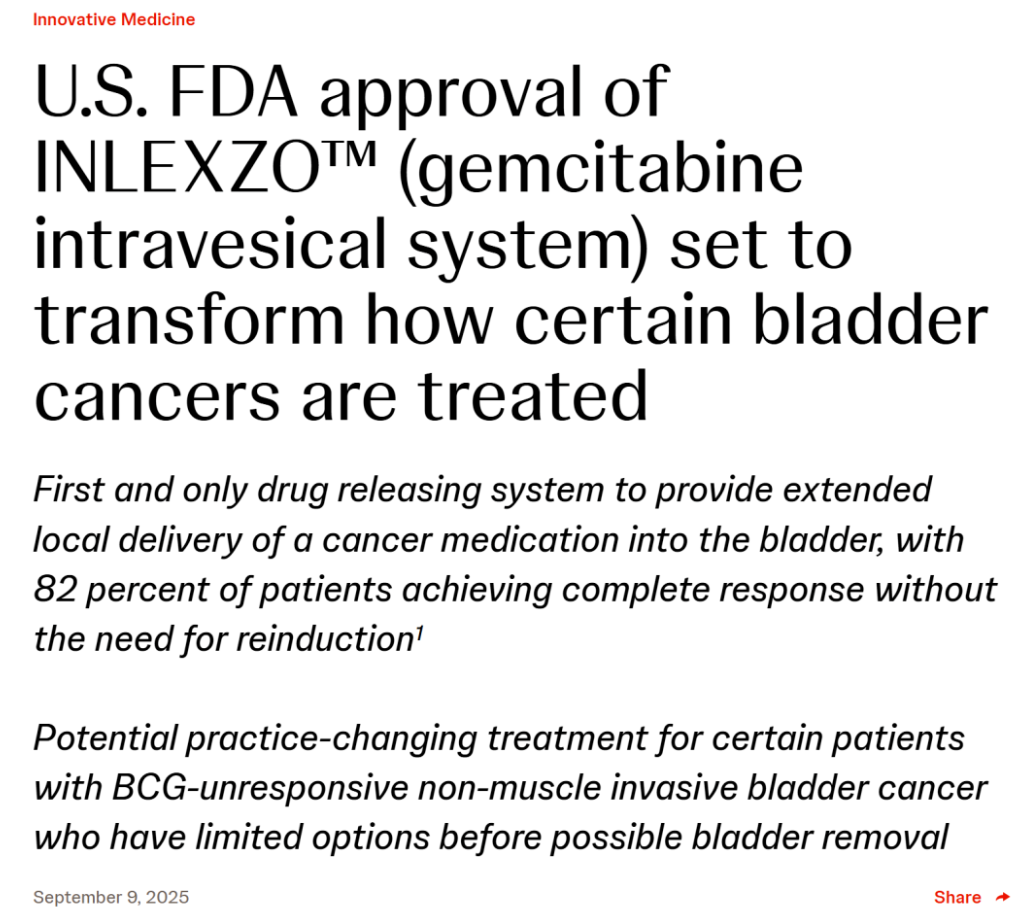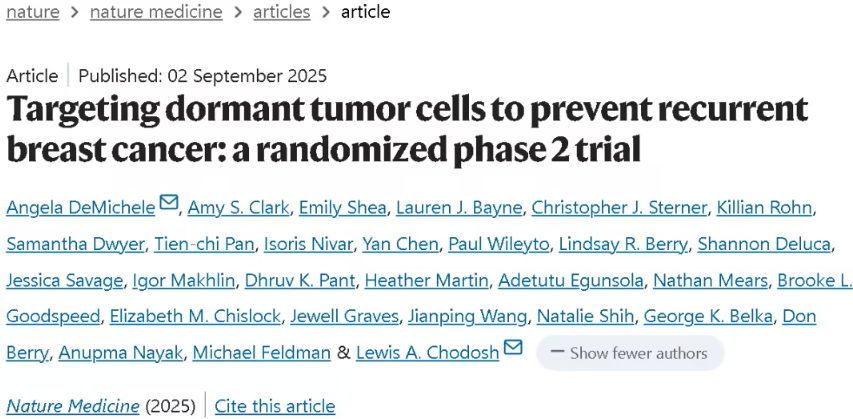戈谢病治疗后能否恢复正常生活


Title: "Can Guillain-Barre Syndrome Patients Regain Normal Life After Treatment?"
Guillain-Barre Syndrome (GBS), also known as Guillian-Barre or Landry's ascending paralysis, is a rare but potentially life-threatening condition that affects the peripheral nervous system. This autoimmune disorder can lead to muscle weakness, numbness, and even paralysis in severe cases. Given the sudden onset and potentially devastating effects of GBS, one common question that patients and their loved ones often have is whether individuals can regain a normal life after receiving treatment for this challenging condition.
Successful management of Guillain-Barre Syndrome typically involves a multi-faceted approach that includes supportive care, immunotherapy, and rehabilitation. In the acute phase of the illness, patients often require hospitalization for close monitoring, respiratory support if needed, and treatment aimed at reducing the immune system's attack on the peripheral nerves. Intravenous immunoglobulin (IVIG) and plasmapheresis are commonly used interventions to help control the autoimmune response and accelerate recovery.
The journey to recovery from GBS can be long and arduous, as the speed and extent of improvement vary from person to person. Some individuals may see significant progress within a few weeks, while others may face a more gradual recovery process that spans several months. Physical therapy, occupational therapy, and rehabilitation play crucial roles in helping patients regain strength, mobility, and independence as they recover from the effects of GBS.
For many individuals who have been diagnosed with Guillain-Barre Syndrome, the prospect of resuming a normal life may seem daunting in the aftermath of the initial diagnosis and treatment. However, the good news is that a significant number of patients do experience substantial recovery and are able to return to their pre-illness level of functioning over time. With dedicated medical care, rehabilitation efforts, and ongoing support, many GBS survivors can regain their ability to walk, perform daily activities, and lead fulfilling lives once again.
It is important to emphasize that the road to recovery from Guillain-Barre Syndrome is often a gradual process that requires patience, perseverance, and ongoing medical supervision. While some individuals may experience lingering symptoms or long-term complications after GBS, the majority of patients can make significant strides towards reclaiming a sense of normalcy in their lives.
In conclusion, individuals diagnosed with Guillain-Barre Syndrome can indeed have hope for a meaningful recovery and the restoration of a normal life with appropriate medical care, rehabilitation, and emotional support. Each person's journey with GBS is unique, and the outlook for recovery can vary widely based on individual circumstances. Through the combined efforts of healthcare providers, rehabilitation specialists, and the support of family and friends, many individuals with GBS can ultimately overcome the challenges posed by this condition and move forward towards a brighter and more promising future.














